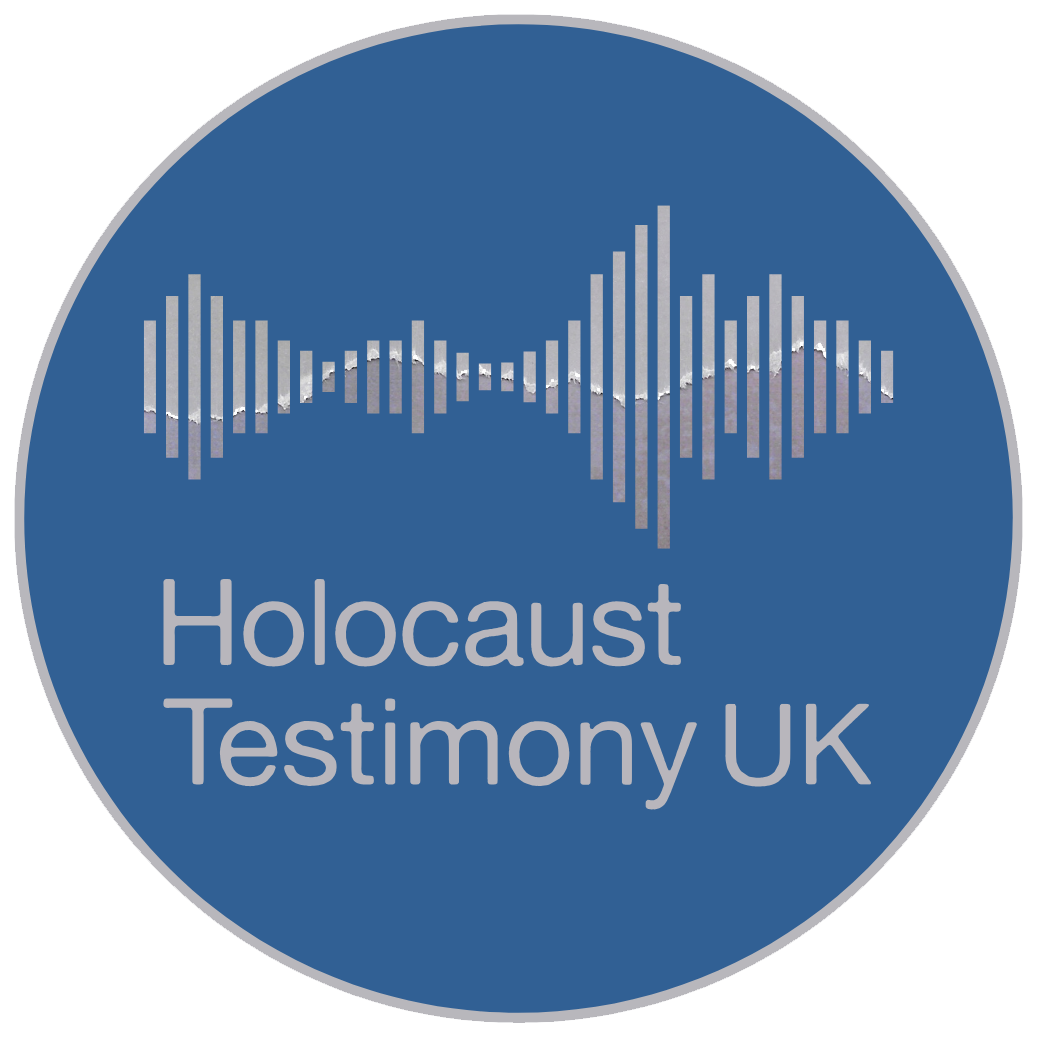<message>

Name
Born:
N/A
Place of Birth:
N/A
Date of Interview:
20/12/16
Place of Interview:
Interviewed by:
Name (Clickable)


It looks like this interview is hosted by one of our partners
Please click the link below to be redirected...
Visit Partner Website



INTERVIEW:
<name>
Born:
00/00/0000
Place of Birth:
Vienna
<name>
Born:
00/00/0000
Place of Birth:
Institution:
<partnerName>
Collection:
Date of Interview:
20/12/16
Interviewed By:
Dr Bea Lewkowicz

Interview Summary
Eve Willman was born Eva Willman on the 2nd June 1933 in Vienna to an assimilated Jewish father and a non-Jewish mother. Her father’s family originated from Hungary and her father and his three brothers were all educated. Her father was a GP who met the mother, who was a dancer at the Theater an der Wien, when he treated her. Her name was Wilhemine Krainz and she came from outside Vienna. They lived with Eve in a flat in the 4th District where her father also had his surgery. Eve has no memories of Vienna or the Kindertransport which she boarded in late April 1939 with an older girl whose parents were friends with her parents. Gerti later told her, that she held on to her the whole trip and even when they were picked up by Eve’s uncle at Liverpool Street station and taken to Hinckley, Leicestershire, to their foster parents.
Eve’s first foster parents were Reverend Price-Jones and his wife, but soon she moved on to a family in Cambridge, which she remembers positively. Her uncle – a brother of her father’s – who as a rabbi didn’t find this family could provide the Jewish upbringing Eve needed and so she moved on to Jewish family in Cambridge. The Refugee Committee thought that Eve had to do too much housework and so she moved to another family in Berkhamsted. Finally, the Refugee Committee allowed her uncle to take her in and happy times began. Eve says she couldn’t have had better parents as her aunt and uncle raised her like their own child in a loving and caring environment. Eve doesn’t know why her parents didn’t emigrate- she presumes that they felt fairly safe because her mother wasn’t Jewish. Her father in fact survived hidden by her maternal grandparents in a small place outside Vienna. Her mother was killed in an air raid in 1944. Her father visited her in England in 1946 and brought her teddy bear which she still has. This first meeting after a long time was difficult, especially as Eve had forgotten all her German. She would have followed her father’s plan to come and live with him in Vienna if he hadn’t died of a heart attack in 1948. Eve visited her maternal grandparents in Austria (her paternal grandfather died before the war and her grandmother was murdered in the Holocaust) but the language problem and the cultural and emotional divide was large. Eve defines herself as English-Jewish.
She studied biochemistry in Edinburgh and after graduating had different research jobs until she started teaching biology at grammar schools. She eventually became a Research Bio-Chemist at London University. Eve is very close to her cousins with whom she grew up, their children and grandchildren.
Key words:
Vienna. Hinckley. Cambridge. Berkhamsted. West Hartlepool. Biochemistry, Edinburgh. Alfred Willman, Rabbi Nikolsburg/Mikulov, Kindertransport.


